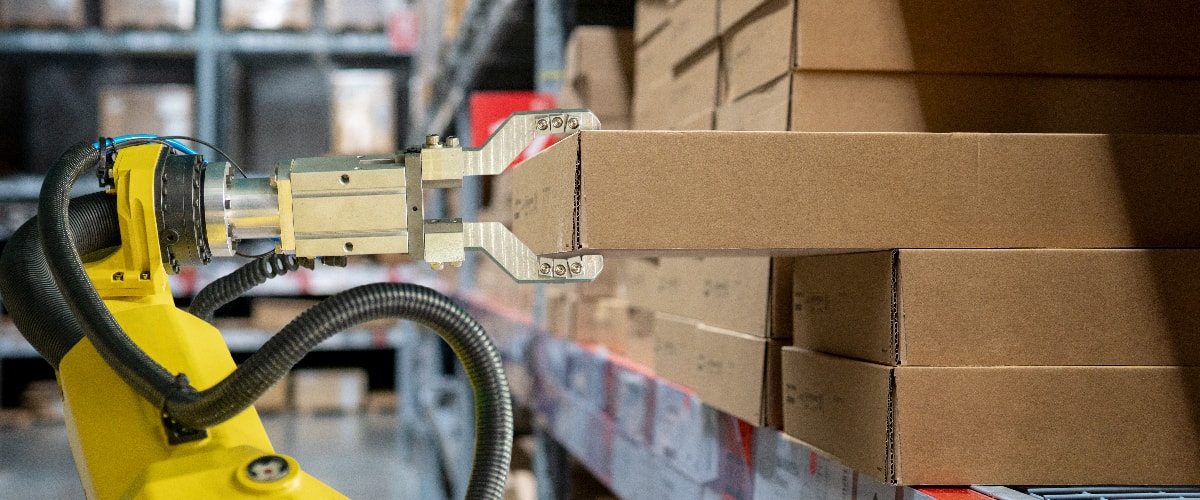 Web Content Viewer
Web Content Viewer
Warehouse Management
The Role of e-Commerce in Shaping the Future of Retail Warehousing
e-commerce has rapidly transformed how consumers shop and how businesses operate. The surge in online shopping has created new challenges and opportunities for retail warehousing, changing the way products are stored, tracked, and shipped.
How Analytics and AI Play a Significant Role in Warehouse Management Today
The integration of artificial intelligence (AI) into many industries has led to incredible advancement, including within the warehousing sector. AI technologies have brought about a substantial transformation in traditional warehouse operations by providing creative solutions that improve overall efficiency and streamline processes. The warehouse industry has reached a turning point and warehouse management is entering a period of never-before-seen innovation and efficiency.
Warehouse Challenges and Automated Solutions
A warehouse management system's (WMS) main goal is to make sure that materials and goods are moved through warehouses accurately and as cost-effectively and efficiently as possible. A WMS handles many functions that enable these movements, including inventory tracking, picking, receiving, and put away. By monitoring inventory and ensuring that items are correctly sorted, stored, dispatched, and tracked, a WMS plays a crucial role in ensuring that operations run smoothly.
Why Incremental Automation Makes Sense for the Warehouse
As warehouse and distribution center operations continue to grow in both size and complexity, many businesses are scrambling to invest in automated solutions that enable them to keep pace with the demands of global e-commerce and customer expectations.
Best Practices on the Road to Automating the Warehouse
Automation represents the future of warehouse operations. With these best practices in your automation planning, you can achieve operational gains that directly impact your organization’s bottom-line and allow you to forge stronger connections with partners on both sides of the supply chain.
To gauge whether a deployment is successful, establish KPIs to measure how the business, the customer, and downstream suppliers are affected. Ideally, the KPIs you identify should quantify outcomes and demonstrate that none of the three stakeholders (business, customer, and downstream suppliers) experiences a negative impact.
Building a Smart Warehouse for Successful Distribution Management
In these times, operating a smart warehouse is as essential for business continuity as is having a secure work from home (WFH) environment for employees. Even as disruptive events continue to unfold – to which coming generations will surely analyze and discuss - it’s evident that not being digital in an increasing digital world could prove disadvantageous for businesses functioning without modern technology.
By using this site you agree to our Privacy Policy and our Terms of Use.
120 Comac Street
Ronkonkoma, NY 11779
Ronkonkoma, NY 11779






 | Vormittag Associates, Inc. ©2025 |
| Vormittag Associates, Inc. ©2025 |